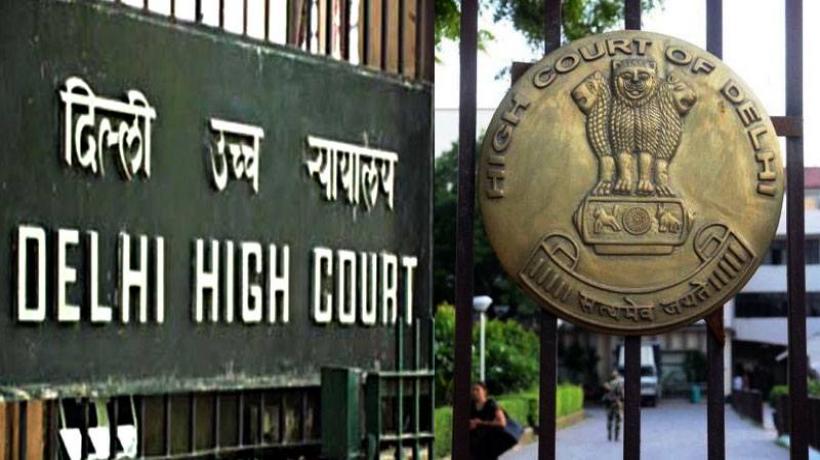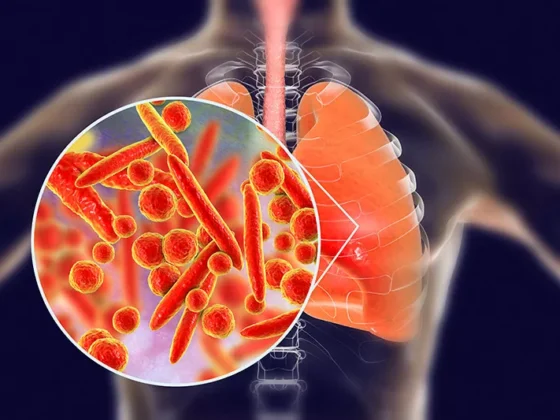 Resshmi Rajkumar, Sr. Health Coach & Nutritionist Medall Blume
Resshmi Rajkumar, Sr. Health Coach & Nutritionist Medall Blume
- Theme for 2021 “feeding smart right from start”.
Nutrition is not only about consuming food, it’s also about eating right to keep yourself healthy. Proper nutrition support starts from the time of conception. When a child is born the first thing that is fed is “Colostrum” (fluid produced by the mother before breast milk). “Colostrum” consists of rich immunomodulatory factors along with protein, vitamins and minerals. Breast Milk should be the only choice of food for the first six months of life. And after six months complementary weaning foods along with breast milk should be additionally introduced. Providing adequate nutrition prevents infections, delayed growth and cognitive disabilities resulting in undernourishment. And babies triple their birth weight in their first year. Food habits acquired during childhood continue to persist even in adulthood. The first 1000 days of life are the most primitive stage of life ensuring correct dietary habits of childhood can help them develop into a healthy individual in the adult years. “Malnutrition” can lead to various health complications during childhood which is also a growing public health problem of concern in many countries. When a larger number of children in a population are malnourished, it will have an impact on national development. Therefore, the general functional consequences of malnutrition are enormous.
- Key issues and challenges in addressing nutrition in India.
Malnourishment is a serious multidimensional national problem. One hand we do not have enough food to feed the ever growing population. And another is the need to ensure that the lower social group gets easy access to the benefits and nutrition and thereby tackling the malnutrition crisis. Malnutrition can be detrimental to health leading to poor health status. According to the NFHS (National Family Health Survey) – 5 conducted in 2019-2020 the rate of malnutrition has greatly risen to what the nation has seen in NFHS -4 done in 2015-2016. Reports have shown India has the highest percentage of underweight children in South Asia. These pre-pandemic reports are likely to get worse once survey is done post COVID-19.
The Global Hunger Index, 2019, reported that India suffers from a “serious” hunger problem and is ranked 102 out of 117 countries. It also held that just a tenth of children between 6 to 23 months are fed a minimum acceptable diet. In 2020 GHI, India ranks 94th out of 107 countries with UNICEF’s data. Nearly half of the deaths in children under age of 5 are attributable to malnourishment. This puts them at greater risk of death during pandemics with lack of immunity even to protect from common infections.
The COVID-19 pandemic has put enormous strain on income, food consumption and other essential commodities. As India intensifies its efforts to rebound from the impact of the pandemic, there is an urgent need to address India’s nutrition challenges. The prioritisation of the Prime Minister’s Overarching Scheme for Holistic Nourishment “POSHAN Abhiyaan” aka National Nutrition Mission is a government flagship program to benefit and protect children, pregnant women and lactating mothers.
The Economic Survey 2019-2020 notes that “Food is not just an end in itself but also an essential ingredient to the growth of human capital and therefore important for national wealth creation”. Therefore, India should give special attention to nutrition.
“Hidden hunger” crisis in India through micronutrient shortages needs to be adequately addressed. Bio-fortification, an agricultural based technique, is the only low-cost and long term viable option to mitigate malnutrition and hidden hunger. This can ensure the improvement and diversification of both production and farming systems in India. To produce nutrient rich resources through horticulture and agricultural crops, poultry, fishery etc. should be economically remunerative. Despite several well-intentioned schemes and programs by the government, the GHI ranking shows the need of the hour to alleviate the issue of hidden hunger.
- How can the national nutrition week help the cause?
National Nutrition Week is aimed at creating strong awareness on nutrition and good food, healthy body, mind and lifestyle. During the National Nutrition Week the government and other private organisations take up various initiatives and programs to spread awareness about the importance of right nutrition. The goal of the National Nutrition Policy is to improve the nutritional status of the people. This includes mothers, adolescent girls and children; to prevent and control malnutrition; and to accelerate national development through raising the standard of living. Although efforts to eradicate hunger, hygiene and malnourishment have advanced in the past few decades. There persists a bleak future with the stubborn presence of undernutrition in India and across other low and middle-income groups. Hence creating awareness every year through a week-long programme is the best way to improvise the trend.
- Redressal of nutrition campaigns that can alleviate malnourishment
- Utilisation of various schemes provided by the government.
- Providing exclusive breast milk for 6 months and complementary feeding strategies post that.
- Re-use of once used oil is dangerous to health.
- Importance of good nutrition in children.
- Signs of Nutritional deficiency.











